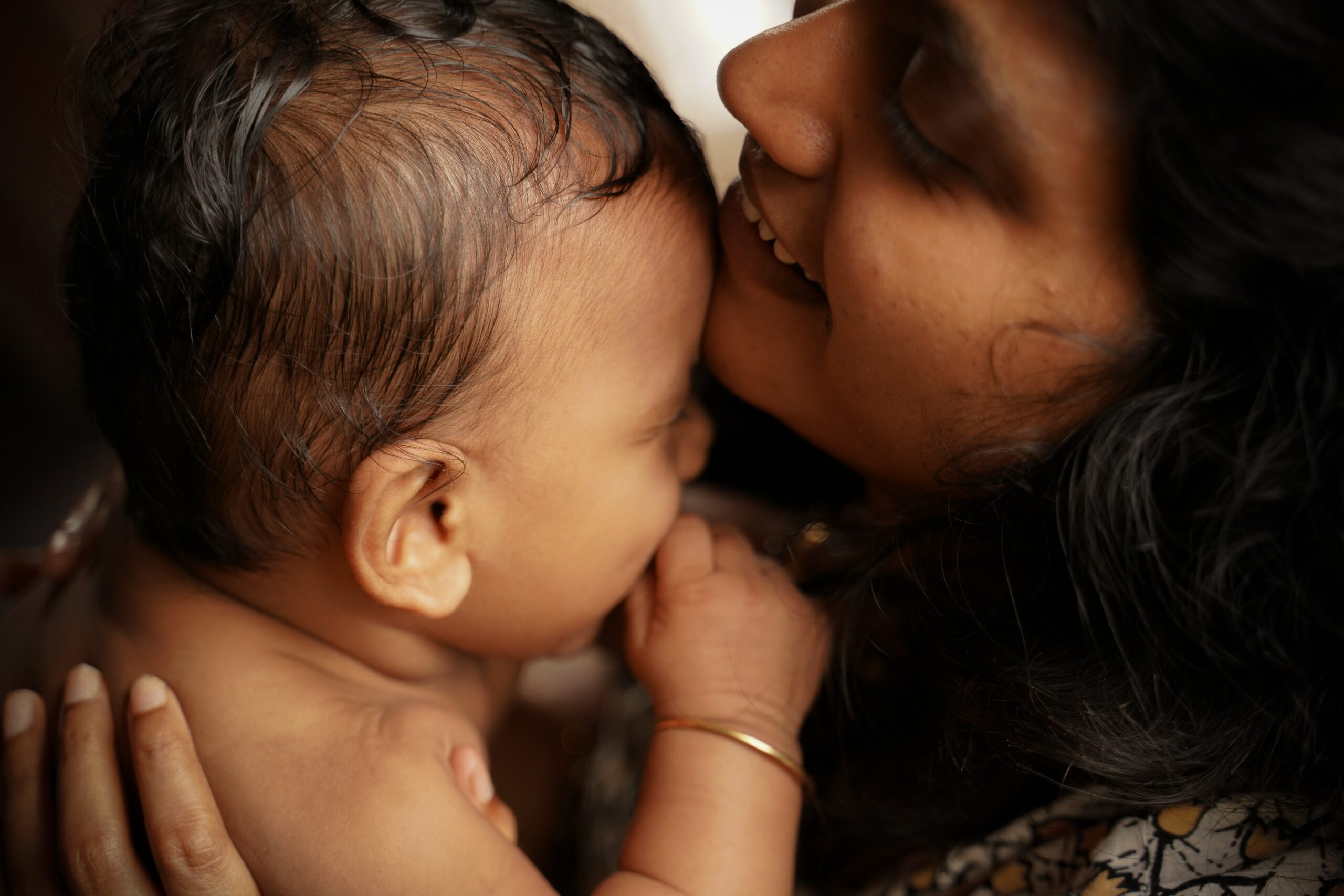This guest post is written by KJ Hill, one of the Summit’s local outreach pastors. He will be joining LaToya King, Raudel Hernandez, Walter Strickland, and me (J.D.) for a panel discussion Tuesday, January 17, 7-8:30 p.m., at the Summit en Español venue of our Brier Creek campus. The panel’s topic is “Martin Luther King Jr.: Race, Church, and Culture 50 Years Later.” RSVP today and I’ll see you tomorrow!
In 1983, President Ronald Reagan signed into law the observance of Dr. Martin Luther King, Jr’s birthday. Dr. King was born on January 15th, but the holiday would be celebrated every year on the third Monday of January. The following year, President Reagan signed a proclamation for observing Sanctity of Human Life Day on the third Sunday in January to coincide with the January 22nd date of the anniversary of the Supreme Court decision to legalize abortion.
As a Christian, I believe both of these days are important. In fact, I think that in many ways these days represent two sides of the same coin. Unfortunately, sometimes in the church, people who are only focused on one side of the coin can feel at odds over which is of greater importance and can feel like the other group doesn’t even acknowledge their fight for justice.
Over the last several years, it has become increasingly obvious that we are living in a very divided United States, highlighted by a polarizing presidential election this past November. Yet, what is most troubling about the divisiveness is that it is not just between the unbelieving world and Christians, but the divisiveness also exists among Christians. But that’s not really even new to us in 2016. The United States has dealt with division among Christians for a long time; we just may finally be recognizing what has been boiling below the surface. In fact, Dr. King wrote his famous Letter from a Birmingham Jail in 1963 in part to express his disappointment and frustration over the apathy and unwillingness of many majority culture Christians to unite with him in his fight for justice. (For further discussion on Dr. King’s Letter from a Birmingham Jail and the role of the church, please join us at our forum on Tuesday, January 17th). The Civil Rights movement represents a period of time when extreme division existed not just outside the church but within the church as well. Christians were divided over their views on race, economics, education, jobs, culture, and justice, and often these divisions were drawn along racial lines. In many ways, these are still some of the same divisive issues that the church is wrestling with today.
So I find it really interesting that Martin Luther King, Jr. Day and Sanctity of Human Life Day often fall on the same weekend. In some ways, these days represent the tension that still exists within the church. For many Christians, celebrating Sanctity of Human Life Day primarily focuses on the protection of the unborn. And for many Christians, celebrating Martin Luther King, Jr. Day primarily focuses on the rights of the marginalized. We may not say it, but it often seems like we need to choose between the two.
Rather than perpetuating one more dichotomy within the church, however, we want to use this weekend of celebrating The Sanctity of Human Life and Dr. Martin Luther King, Jr. as a time to unite around the value and dignity of life that both groups care about. We believe that both days point us toward biblical justice and, therefore, both are important. We don’t want to allow the Enemy to set in opposition those things that Scripture clearly indicates are close to the heart of God. Caring for the most vulnerable among us–the unborn and the marginalized–is important because we are all made in the image of God and derive our value and worth from him.
We want to encourage you to pray for and serve the women, children, and families who are wrestling with unexpected pregnancies; to pray for those going through the guilt and pain of a past abortion; to pray for those facing the fear and uncertainty of adoption and fostering. We want to encourage you to advocate for the rights of the unborn and seek justice on behalf of the innocent. Here is a list of some of the excellent organizations that we partner with and resources for more information on issues related to caring for the unborn.
Christ also calls us to pray and serve the poor, the homeless, the prisoner, the orphan, the single mom, the disconnected youth, and the refugee. To use our lives and our resources to advocate for the rights of the voiceless, seeking justice on behalf of the oppressed, not just one day a year, but with our whole lives. If you are interested in learning how you can join the hundreds of Summit people serving in one of these focus areas on one of our Serve365 teams, please see 8 Ways To Get Started With Local Outreach in 2017 or visit summitrdu.com/serve365.
We want everyone at The Summit Church (and believers around the Triangle) to see the value and worth of every life, supporting every effort to obey the Lord’s command in Micah 6:8 to “do justly, love mercy, and walk humbly with our God.” We hope and pray that 2017 will mark a change in history where we see Christians uniting in loving and serving the unborn and the marginalized, pursuing justice together and giving God the glory that he deserves.


